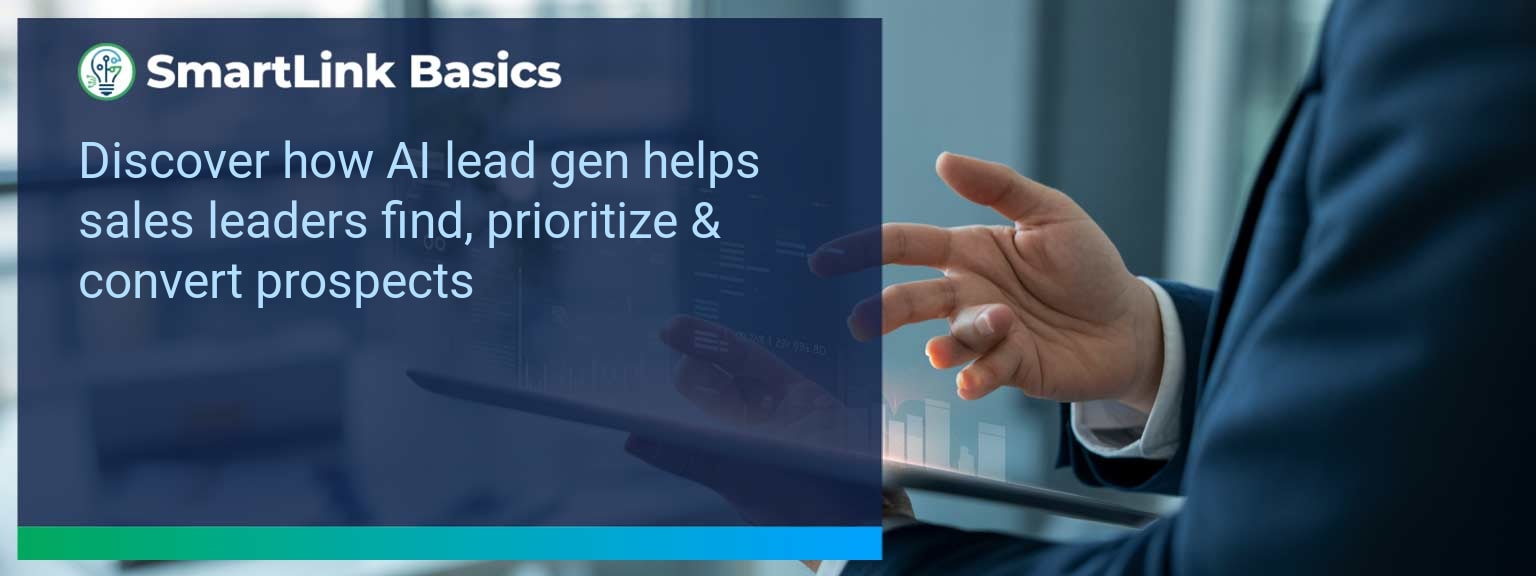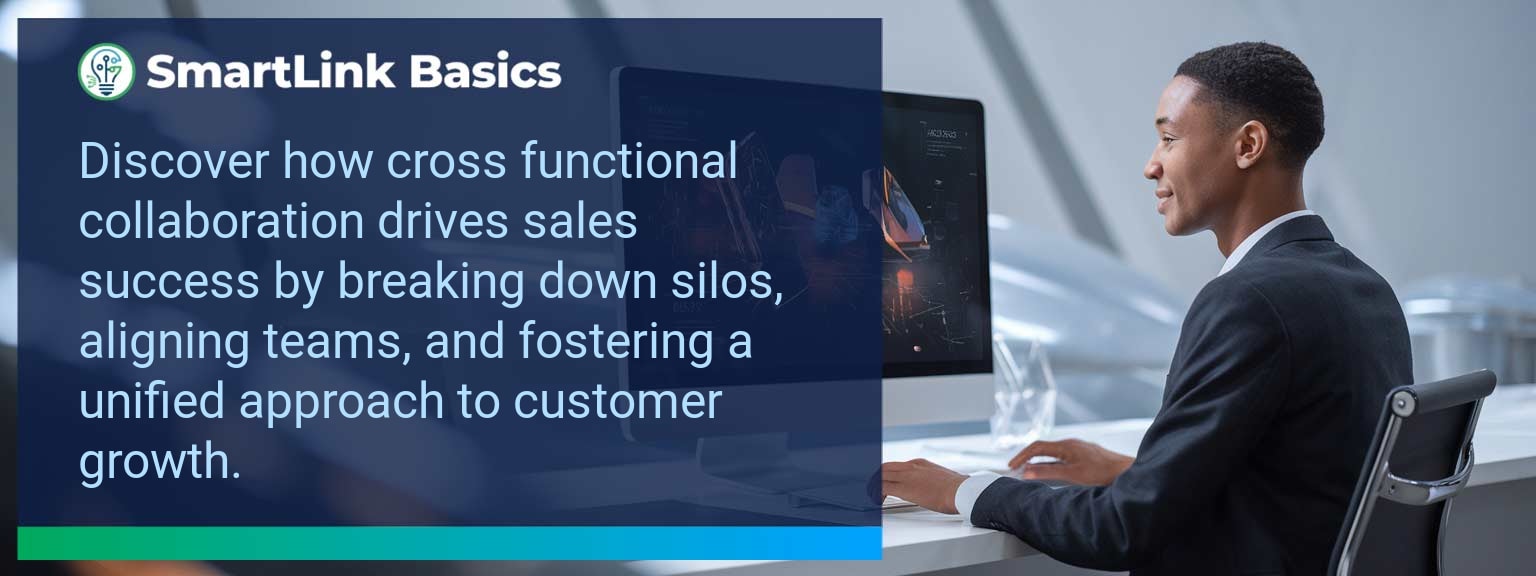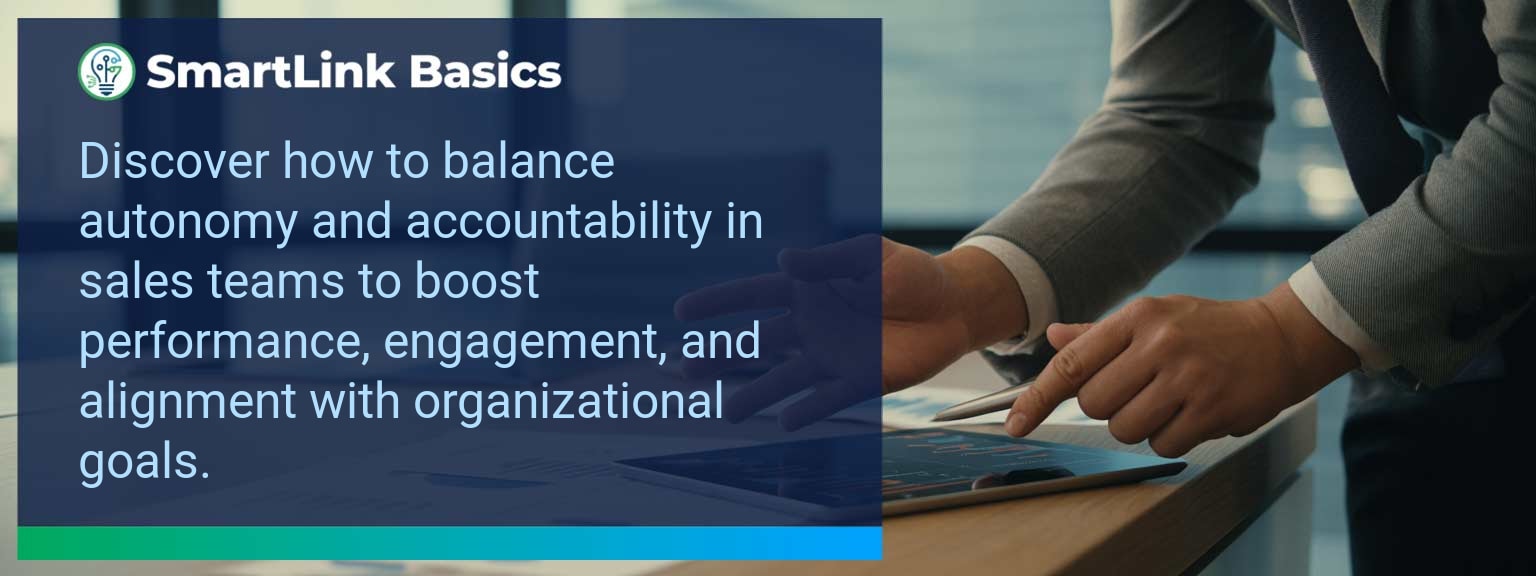Industry data shows that organizations adopting AI-driven automation achieve cost reductions of up to 30% while accelerating sales cycles by 20% or more (McKinsey, 2024). For sales leaders, AI automated workflows now define competitive advantage, enabling teams to reallocate time from repetitive tasks to high-value engagements. At SmartLink Basics, we help decision-makers implement these systems strategically, ensuring they integrate with existing revenue operations. In this article, you’ll see how AI automated workflows power business outcomes, the common obstacles that slow adoption, and practical steps to optimize processes. You’ll walk away with proven examples, a 90-day action blueprint, and measurable KPIs to track results.
- Automate repetitive administrative and CRM updates with AI.
- Integrate machine learning to personalize outreach at scale.
- Streamline approvals, quotes, and contract workflows for speed.
- Use predictive analytics to prioritize sales opportunities.
- Track adoption and performance with targeted metrics.
AI Automated Workflows: What Changed and Why It Matters
AI adoption has shifted from experimental to operational, making automated workflows a standard in high-performing sales organizations. The real advantage lies in combining workflow automation with artificial intelligence workflows to optimize every step of the revenue process. Sales leaders now use AI to synchronize touchpoints, reduce manual inputs, and ensure faster execution. For example, a B2B SaaS leader introduced automated lead enrichment and routing, cutting qualification time by 60%. Actionable insight: Audit processes for time-intensive handoffs and apply AI where repeatability is high.Redesign the Revenue Operating System With AI Automated Workflows
ICP, Segmentation, and Targeting AI-enabled segmentation uses historical wins, firmographic, and behavioral data to dynamically update ICP profiles. This ensures targeting precision without quarterly re-work. Pipeline Architecture Automated workflows push opportunities through the right stages based on engagement signals. AI flags at-risk deals for intervention. Plays and Messaging Integrated automation tools deliver personalized sequences based on buyer activity, increasing relevance at every touchpoint. Operating Cadence AI schedules follow-ups, forecast calls, and account reviews based on actual pipeline movement rather than static calendars. Actionable insight: Implement automation that adapts in real-time to both internal and buyer-driven events.Common Obstacles To Achieving Seamless Automation
The most frequent challenges are fragmented systems, inconsistent data quality, and cultural resistance. Without a unified data layer, automation amplifies errors rather than solving them. Coca-Cola Europacific Partners reported needing a full data governance upgrade before AI could improve sales workflows. Leaders must first assess infrastructure readiness and train teams to trust AI-influenced recommendations. Actionable insight: Before deployment, establish clean data practices and a single source of truth.Implementing AI To Optimize Workflows
Effective deployment of AI process optimization starts with mapping current-state processes, identifying friction points, and matching them with automation tools. For example, automating proposal generation based on CRM opportunity data can reduce turnaround from three days to one hour. Solutions combining business process automation platforms with machine learning integration enable continuous performance improvement. Actionable insight: Pilot in one high-impact stage, measure, and then expand.Tangible Benefits From Automated Processes
The benefits extend beyond time savings — sales leaders gain a scalable system. Tangible outcomes include faster quote-to-close, higher lead conversion, and better forecast accuracy. A manufacturing firm implemented AI-assisted order processing and cut errors by 40%, improving on-time delivery rates. Actionable insight: Track both speed and accuracy to measure workflow automation effectiveness.Metrics That Matter
| Category | Metric | Definition | Target |
|---|---|---|---|
| Leading | Workflow Completion Rate | % of automated sequences executed without manual intervention | 95%+ |
| Leading | AI Suggestion Adoption Rate | % of AI-generated action recommendations executed by reps | 80%+ |
| Lagging | Cycle Time Reduction | Decrease in time from lead entry to closed-won | 20%+ |
| Lagging | Revenue Per Rep | Average sales revenue generated per sales rep per quarter | +15% YoY |
| Quality | Automation Error Rate | % of workflows that trigger incorrect outcomes | <1% |
| Quality | Customer Satisfaction Post-Automation | Average CSAT score after automation implementation | ≥ 4.5/5 |
Innovations And Next Steps For AI Automation
Emerging capabilities like AI-generated playbooks, intent-driven dynamic routing, and integrated AR for virtual product demos are shaping the next wave of sales automation. Companies integrating these tools early will outpace competitors in speed and personalization. Actionable insight: Stay ahead by testing emerging automation features quarterly and aligning them with evolving buyer expectations.Get the 90-day plan, coaching rubric, and dashboard template to operationalize AI in your enablement program.
Turning AI Automation Into a Revenue Multiplier
AI automated workflows are now a strategic lever for predictable, scalable growth. This guide outlined current applications, adoption challenges, a 90-day execution plan, and measurable success criteria. To make automation pay off, sales leaders should integrate tools into one cohesive operating system and review results monthly for continuous improvement. Access more AI-driven sales enablement resources from SmartLink Basics to design a high-performance automation strategy. Strong leadership is the engine behind predictable revenue growth. At SmartLink Basics, we see daily how effective sales leadership strategies dictate whether a team consistently delivers high-quality leads or struggles in a cycle of missed targets. In competitive markets, leadership is not about managing deals—it is about shaping a system where sales team leadership, discipline, and performance management work in sync to attract and convert leads. This article explains the barriers that obstruct lead generation, the leadership frameworks that overcome them, and how applying structured sales management techniques can result in measurable wins for both pipeline and revenue growth.- Align leadership vision with lead generation objectives
- Define and enforce a structured sales operating cadence
- Leverage data-driven sales management techniques
- Integrate targeted plays that match the Ideal Customer Profile
- Measure results with leading and lagging performance metrics
Common Barriers To Lead Generation
Even high-performing organizations hit bottlenecks that stall lead flow. Misaligned objectives between marketing and sales often result in inconsistent lead quality. Without clear sales leadership strategies, teams may focus on volume over value, chasing prospects with low conversion potential. Another barrier is the lack of disciplined pipeline architecture—relying on opportunistic selling rather than structured stages tied to buying intent. An example is a tech company that received hundreds of inbound demo requests but closed fewer than 10% due to poor qualification processes. The gap was not in demand but in leadership oversight and coaching priorities. Sales leaders who identify these gaps early can resolve them before they erode revenue performance.Implementing Proven Leadership Strategies
Effective sales leadership requires a repeatable system that drives both activity quality and quantity. Start by clarifying the ideal customer profile and aligning all prospecting tactics to that definition. Next, design a pipeline framework that ensures deals move forward based on specific milestones, not gut feeling. A regional B2B services firm applied structured plays with defined messaging frameworks and saw a 23% increase in qualified opportunities within one quarter. The key shift came from regular coaching sessions focused on execution discipline. When sales management techniques are tied to measurable workflows, they create consistency that naturally fuels lead generation.Increased Revenue And Team Growth
When leadership focus shifts from reactive selling to strategic enablement, results follow. Strong sales coaching drives better win rates. Defined lead qualification standards ensure pipeline health. Motivated teams, aligned on goals and supported with tools, outperform fragmented groups reliant on individual heroics. For example, an enterprise SaaS company rebuilt their go-to-market model with a leadership-led operating cadence that included daily standups and weekly deal reviews. The result: a 35% increase in revenue over two quarters and a measurable improvement in team morale.Evolving Leadership For Changing Markets
Sales performance is directly influenced by how quickly leadership adapts to shifts in buyer behavior. Markets change—decision cycles shorten or lengthen, budgets shift, competitors pivot. Effective sales leadership strategies are flexible enough to respond without disrupting team momentum. Regular market signal analysis, paired with iterative coaching, keeps lead generation systems resilient. Leaders who build a culture of adaptability while maintaining operational discipline will outperform competitors in both stable and volatile environments.Metrics That Matter
| Category | Metric | Definition | Target |
|---|---|---|---|
| Leading | Qualified Meetings Set | Number of meetings with ICP-fit prospects | 20+ per rep/month |
| Lagging | Closed-Won Revenue | Revenue from successfully closed deals | Exceed quarterly quota by 10% |
| Quality | Lead-to-Opportunity Conversion | % of leads meeting qualification moving to pipeline | >25% |
Get the 90-day plan, coaching rubric, and dashboard template to operationalize AI in your enablement program.









